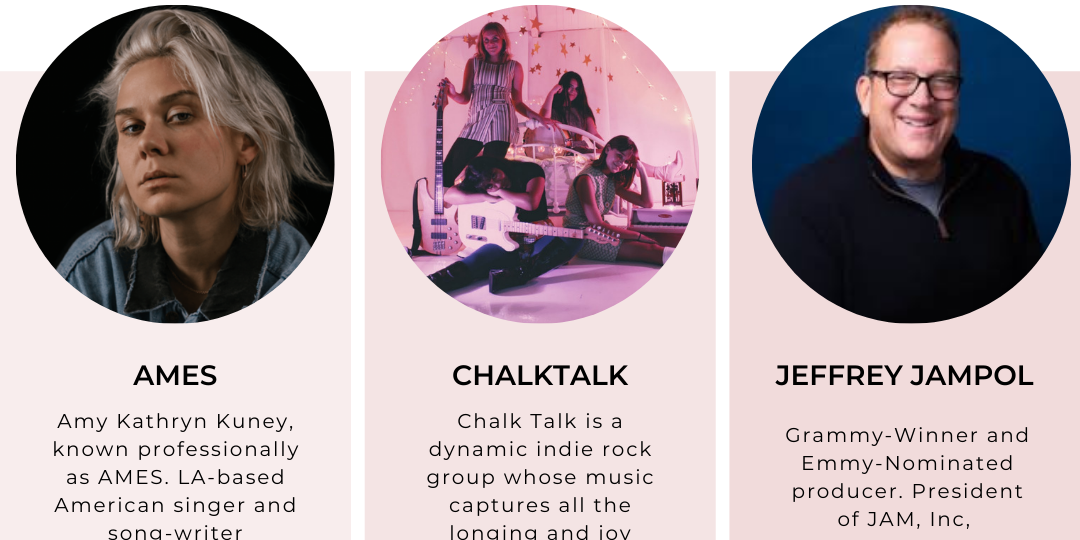by Alik Shehadeh, Niklas Leet, and Matthew Barcellos
Money and Music – An Introspective Lens on the Music Industry
“So, what type of music do you like?”
This universal get to know you question has emerged repeatedly in my time thus far at UCLA. An indication of someone’s cultural engagement, personal preferences, and social awareness, it’s surely effective and revealing.
“Oh, it’s like a mix of everything. I don’t even know,” or “it’s really random songs that I like. I couldn’t pinpoint it.”
This response, while common and understandable, reflects a passive sentiment permeating a large portion of our generation. We scroll through hundreds of artists and songs daily, relying on automated playlists to generate our new tastes. Despite the appreciation of and exposure to a broader scope of music, we rarely think deeply about the artists and makers behind the sounds themselves.
On the other hand, there are those who know exactly what, or more particularly who, they want to listen to.
“I’m obsessed with [insert any artist who trends on twitter at least once a week]” or “I totally stan them. I stream all their music, all the time. Have you streamed their new album?”
Those engaged in stan culture recognize the artists they like with a laser focus. They idolize and celebrate these artists’ accomplishments but similarly rarely think about the machines and industries at work behind their production. We retweet the stunning photoshoots and music videos of our faves and stream their music to push them to the top of the charts while the range of factors contributing behind the scenes remains forgotten.
Both types of replies, while deriving from completely different views on music consumption, disregard that the people who make the music we enjoy are also making it for a living. Those intimately involved in the music industry today seem to share a frustration with this new standard of negligent music consumption. We hear vague talk about the cost of streaming or the difficulties of “making it” in the industry without discussing the reality of these impacts as they pertain to all artists, big or small.
Do you know who gains profit every time you stream music? Do you think about it? Do you care?
We interviewed three different UCLA-affiliated sources involved with the music industry in an attempt to explore the changing role of profit today and the relative benefits or detriments of these respective changes. Grammy-Winner and Emmy-nominated producer Jeffrey Jampol, president of JAM, Inc., works as an Adjunct Professor at UCLA’s Herb Alpert School of Music. American singer and songwriter Amy Kathryn Kuney, known professionally as AMES, works as a lecturer for UCLA’s Herb Alpert School of Music. And finally, members of the college-based band Chalk Talk (including UCLA Radio’s very own member Nina Tartibi) who balance their band’s musical pursuits with their individual academic focuses.
While recognizing the inherent bias that results from only interviewing UCLA-affiliated individuals, we interestingly noticed common narratives rooted in each of these independently conducted interviews. Artists, producers, and songwriters of different demographics are all equally reminiscent of a more artist-oriented music culture. Jampol, as an older producer, offers a reflective and money-focused industry perspective. AMES, as a middle-aged songwriter, teacher, industry-worker, and artist, provides a more holistic perspective with a bit of experience in every realm. Chalk Talk, as a young, free-loving band not currently tethered to either profit or music, presents the thoughtful, passionate side of youth most overlooked by the former two. Though each mind carried similar questions in different directions suggestive of their personal experience with the music industry, the perspectives naturally weave together and reveal a surprising unity lurking beneath a generational disconnect.
Listen to the Interviews here: here




